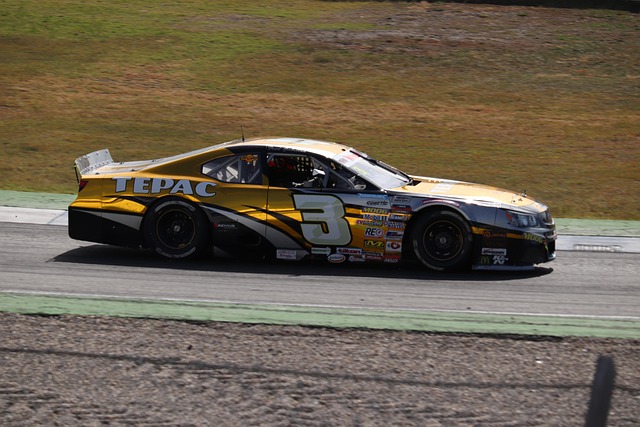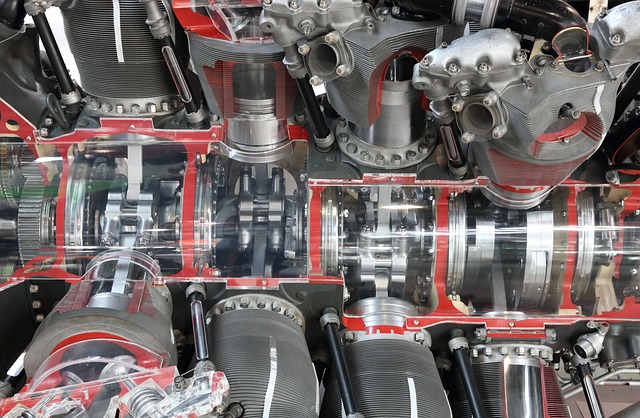
Ed Flemke
Introduction
Ed Flemke was a prominent figure in the world of auto racing, particularly known for his contributions to modified racing. His career spanned several decades, during which he became a respected driver and later a successful car builder. This article explores Flemke's racing achievements, his impact on the sport, and his legacy.
Early Career
Flemke began his racing career in the late 1950s, quickly establishing himself as a formidable competitor. He participated in various local events, showcasing his skills on tracks in New England. His early success set the stage for a career that would see him become one of the most recognized names in modified racing.
Notable Achievements
Throughout his career, Flemke achieved numerous accolades. One of his significant early victories came at the New London-Waterford Speedbowl, where he won a 50-lap open-competition race. This victory marked the beginning of a series of impressive performances that would define his racing career.
In 1975, Flemke participated in the inaugural Stafford "Spring Sizzler," a race that would become a staple in the modified racing calendar. He led the race comfortably until a mechanical failure with his car's water pump forced him to retire with just eight laps remaining. Despite the disappointment, his performance was noted by fellow competitors, including former NASCAR National Modified Champion Fred DeSarro, who acknowledged Flemke's skill and competitiveness.
Transition to Car Building
After a successful racing career, Flemke began to shift his focus towards car building in the early 1980s. He collaborated with his son, also named Ed, to establish Race Works, a business dedicated to designing and constructing racing cars. This venture allowed him to share his extensive knowledge of the sport while contributing to the development of future racing talent.
Final Years in Racing
Flemke's final race took place in 1982 at Wall Stadium, where he drove Harry Reed's #7A car. Although he raced sparingly in the years leading up to this, his impact on the sport was far from diminished. His legacy continued through the cars he built and the drivers he mentored.
Legacy and Impact
Even after his passing, Ed Flemke's contributions to auto racing are remembered and celebrated. Motorsport author Mark "Bones" Bourcier recounted a poignant conversation with veteran racer Junie Donlavey, who reflected on Flemke's influence in the sport. Donlavey's emotional tribute highlighted the respect Flemke garnered from his peers, underscoring his status as a respected figure in racing history.
Conclusion
Ed Flemke's journey through the world of auto racing exemplifies dedication, skill, and a commitment to the sport. From his early victories on the track to his later role as a car builder and mentor, Flemke's influence remains significant. His legacy is not only preserved in the records of races won but also in the continued passion for modified racing that he helped foster.

















 British Influencers in Michigan
British Influencers in Michigan 
 Health
Health  Fitness
Fitness  Lifestyle
Lifestyle  Tech
Tech  Travel
Travel  Food
Food  Education
Education  Parenting
Parenting  Career & Work
Career & Work  Hobbies
Hobbies  Wellness
Wellness  Beauty
Beauty  Cars
Cars  Art
Art  Science
Science  Culture
Culture  Books
Books  Music
Music  Movies
Movies  Gaming
Gaming  Sports
Sports  Nature
Nature  Home & Garden
Home & Garden  Business & Finance
Business & Finance  Relationships
Relationships  Pets
Pets  Shopping
Shopping  Mindset & Inspiration
Mindset & Inspiration  Environment
Environment  Gadgets
Gadgets  Politics
Politics 